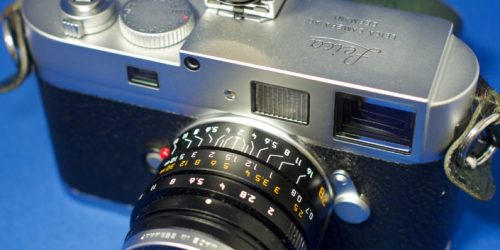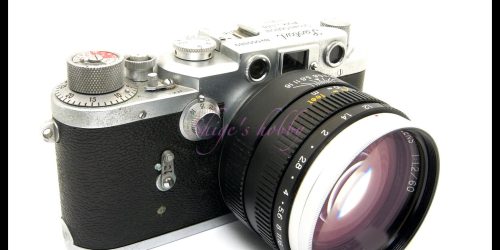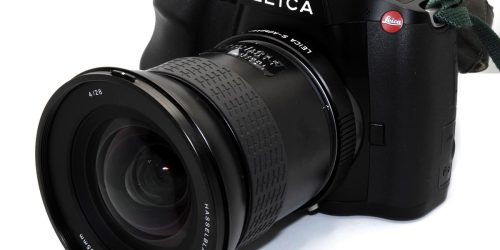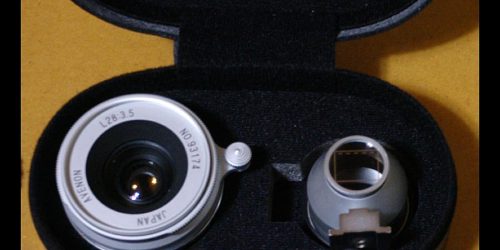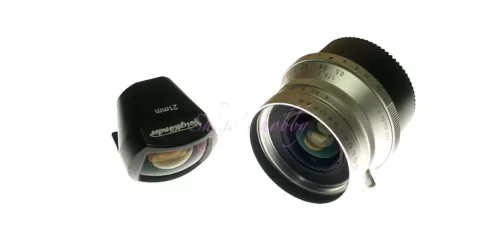LEICA Hektor 28mm (L39)
Review and Photo example of the HEKTOR 28mm F6.3.
Table of contents
Gallery
- Sample photo taken with the LEICA M6(Mishima-taisha Shrine, Shizuoka, Japan) and LEICA M9.
Review
The Hector 28mm is a wide-angle lens manufactured from 1935 to 1950. 11,255 pieces were made in 15 years.
The lens configuration is a derivative of the triplet lens, with the front and rear elements of the three groups of lenses glued together.
There is a normal chrome version and a nickel version of the exterior, and the nickel version appears on the used market at a high price, probably because it is manufactured in small numbers. Since it is an old lens, many lenses have balsam cracks on the bonding surface between the front and rear elements and are cloudy.
As you can see in the example, you can use a film camera to cut down on the exposure and remove the areas that need to be removed to bring out the flavor.
The lens is 25mm thick, making it compact, but the aperture is so dark that I would only use it outdoors during the day with a film camera.
Digital cameras in the 2020s can routinely use high ISO, making them lenses that can be used anywhere.
There is almost no light falloff at the edges, but you can also see the flaws of older lenses, such as poor depiction of the edges.
Due to the F value, dust on the sensor is noticeable, so medium is probably necessary in that respect.
From the 1990s to the early 2000s, it was an unpopular lens with a dark aperture value that could be purchased at a fairly low price, but in the 2020s, it has been dragged down by the aforementioned high ISO support of digital cameras and the soaring prices of old lenses. As a result, the price of this lens is also rising. I think it’s up to the owner to decide whether the high price is worth it in terms of image quality.
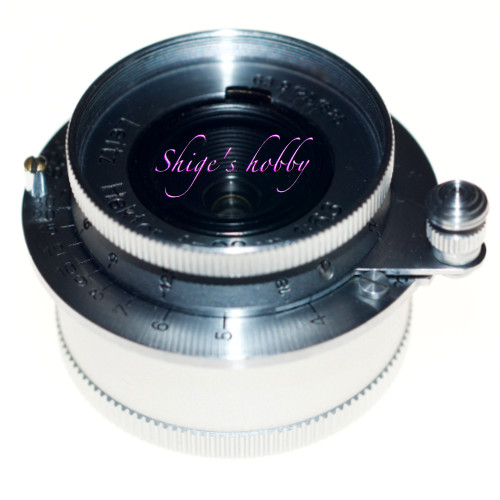
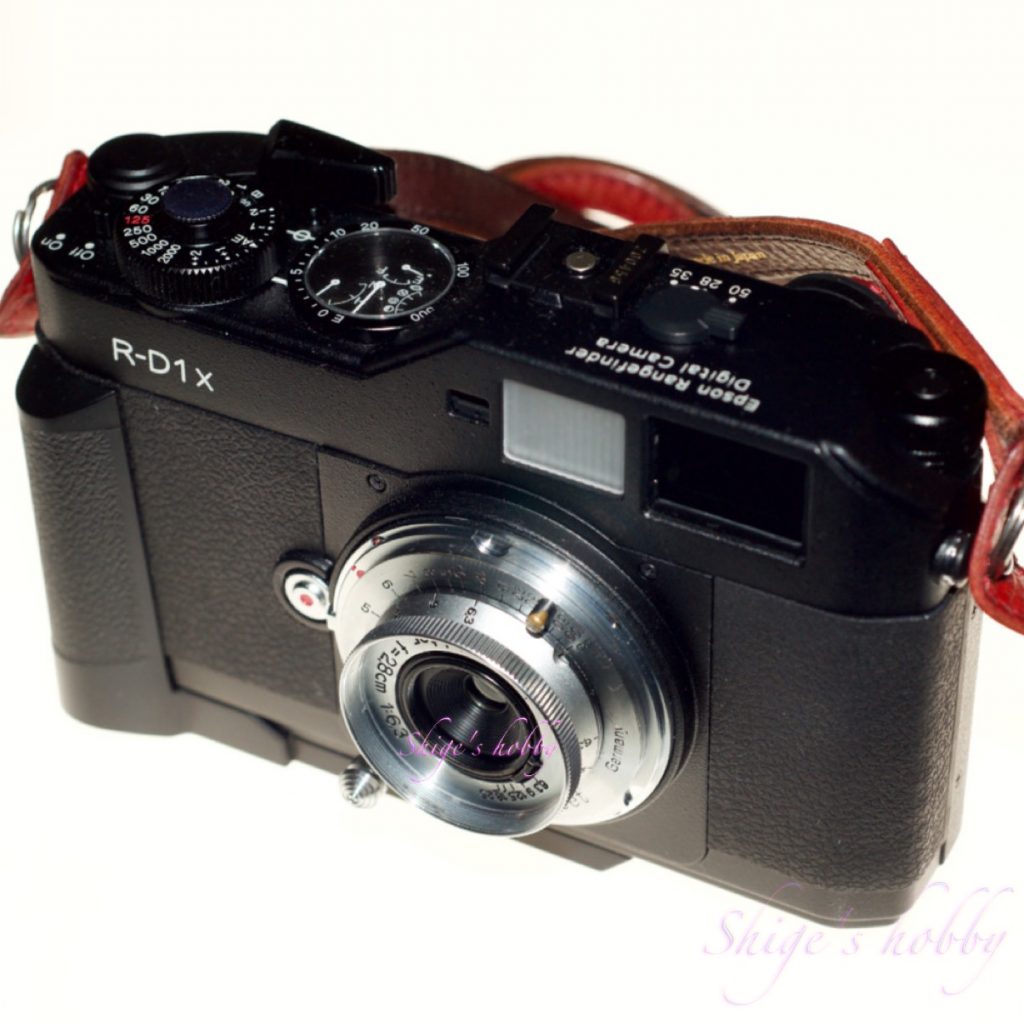
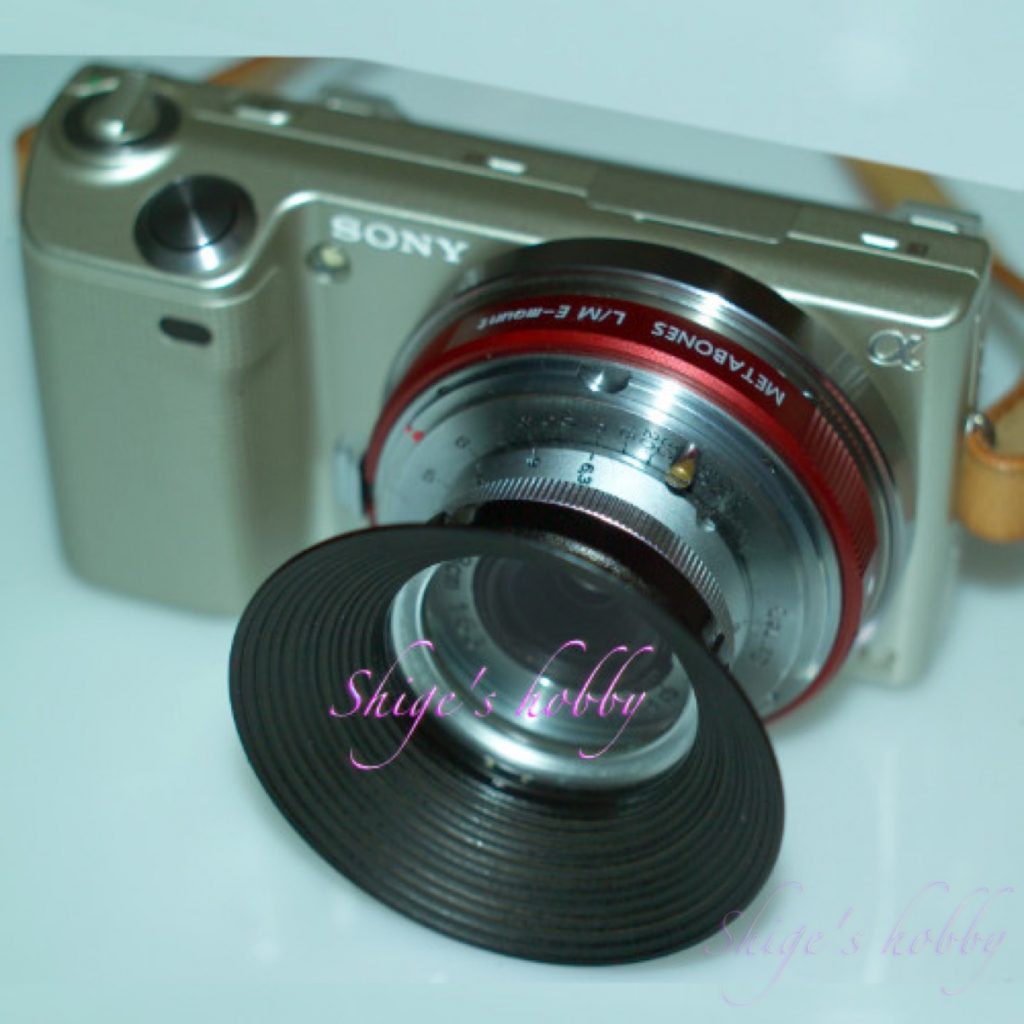
Specification
| Item | Value | note |
| focal length(mm) | 28 | |
| Maximum aperture | 6.3 | |
| Minimum aperture | 25 | |
| Lens configuration | 3groups 5elements | |
| Leaf blade | 6 | |
| Minimum distance(m) | 1.0 | |
| Lens length(mm) | 25 | Distance form mount frange |
| Lens max diameter(mm) | 50 | Excluding focus lever |
| Filter diameter(mm) | 34 | A36 cover type can also be used. |
| Weight(g) | 110 | |
| Production number | 11,255 | |
| Release date | Year 1935-1950 |
Reference links
Update history
- 2024.03.01:Update article
- 2022.05.26:First draft
Affiliate links
- Some external links are advertisements and clicking them may generate income for the site administrator.

